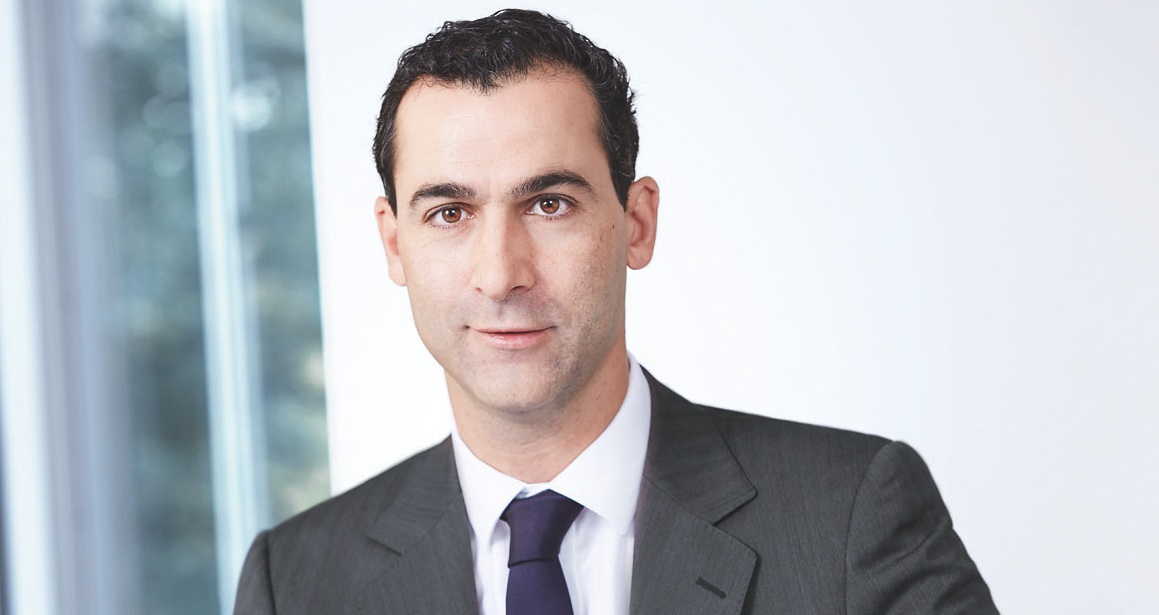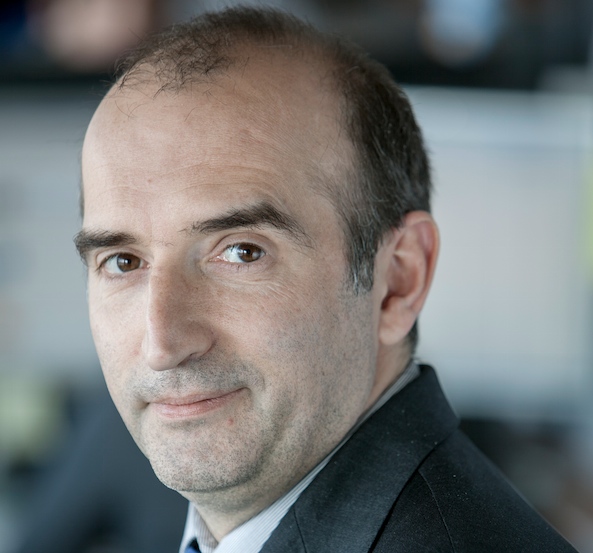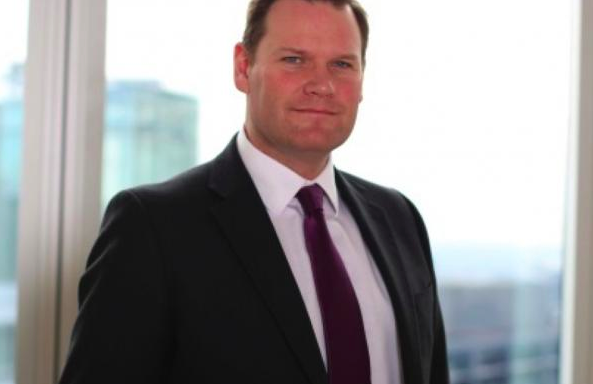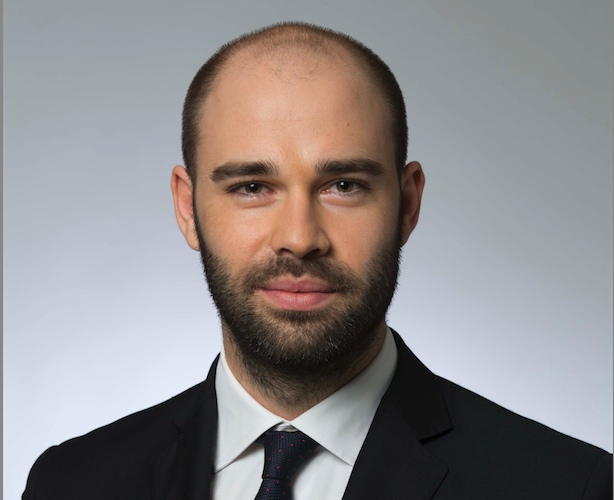European Equities: Politics Versus Progress
| By Fórmate a Fondo | 0 Comentarios

European equity markets have had a torrid 12 months. It was all meant to be so different. Quantitative Easing (QE), launched in March 2015, would accelerate the recovery – I used the expression “QE on steroids” a few times last year – given the strong starting point for growth at that point. Growth would be better across the world, and earnings would start to pick up.
The reality has been rather different. The US dollar has been weakening when it should have been strengthening, given the assumption that the US Federal Reserve (Fed) would be tightening rates, while the euro was meant to have remained at low and highly competitive levels for exporters. Politics was also not expected to feature until 2017, but not even the prospect of Trump leading the Republican charge in the US has diverted attention away from Europe’s political uncertainties. Of more immediate political concern, the referendum in the UK over membership of the EU is likely to be much closer than many had ever thought.
Given these uncertainties, it is little wonder that the equity market has found it difficult to trade at what some felt was a high rating. After five years of little or no earnings growth at an aggregate level, 2016 estimates have steadily been revised down (yet again) from a starting point of around 8% to a more recent level of nearer 1%.
Progress behind the bluster
All that may be a reason to look at the glass as half empty. So here are a few reasons to consider that it is still actually half full: gross domestic product (GDP) growth in Europe this year is expected to be somewhere in the region of 1.5%. Inflation is expected to start to pick up albeit slowly, which is perhaps why German 10 year government bond yields have risen from 0.09% at their recent low on 7 April to 0.15% on 13 May – admittedly the tiny numbers helping to exaggerate the scale of the move. Unemployment is declining, consumer demand is improving and government finances are no longer deteriorating. This may not sound all that exciting, but equally it is not actually the disaster area that anyone listening to the claptrap from (now) ex-London mayor Boris Johnson might like to believe.
In the “real” world of company results, the first quarter has been generally in line with expectations. One or two firms have pointed out that the tailwind of a weaker euro has ended, but this is simply a translational impact in most cases. Many companies have reminded anyone who might have been sound asleep for the last six months that growth globally is quite subdued and pricing pressure remains intense. Those quality companies which we expected to grow in the portfolio, such as ARM, Fresenius Medical Care, Essilor, Infineon Technologies and Valeo, have indeed done so. But, so far in 2016, so-called “fast money” has been playing a rotational game – buy the laggards, sell the winners. As the chart here shows, the weakest sectors from 2015 – energy and materials – have rebounded strongly, at the cost of previously strong areas, such as IT and healthcare:
I can understand much of this – the fears about China were certainly exaggerated – but so is the hope that China is now recovering rapidly and returning to high growth. The probable reality is that we are in a slow growth world, where achieving anywhere between 5% and 10% earnings growth sustainably is a good achievement. That is not a bad environment for equities – but it might be a bit dull for some.
“Brexit” – unlikely but unsettling
At the time of writing, the UK referendum is only a few weeks away. Current betting patterns imply that the UK will stay part of Europe, but the general polls remain very close. It may sound extraordinary to some, from the US President to the Head of the IMF, but there is a large body of UK residents – particularly older voters – that believe the UK would be better off out of Europe. While I do not doubt that the UK will survive given either outcome, if the vote was to leave the EU, it would force us to reassess our reasonably optimistic view for European equities. Among the potential shorter-term risks, I would anticipate a sharp fall in sterling, a decline in GDP (leading to a potential recession), losses on the FTSE and a major increase in uncertainty across Europe. While we still believe that a vote for ‘Brexit’ remains unlikely, politics may overshadow Europe’s otherwise solid fundamentals for a few more weeks.
Tim Stevenson is Director of European Equities as Henderson.
















